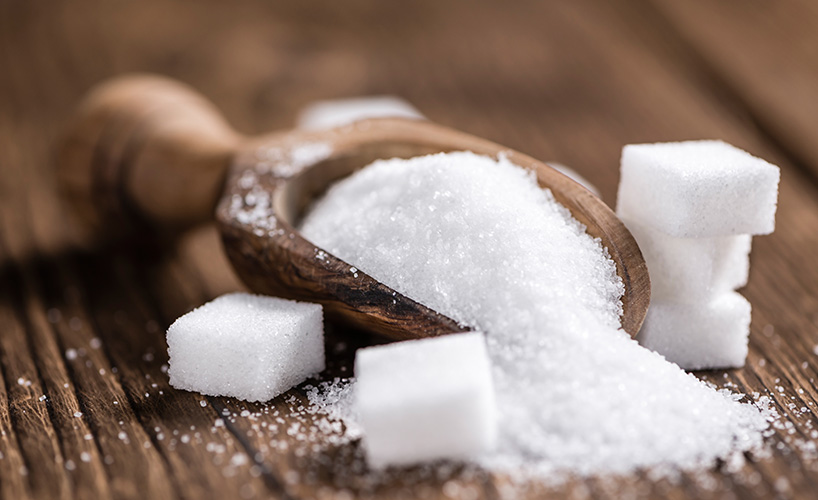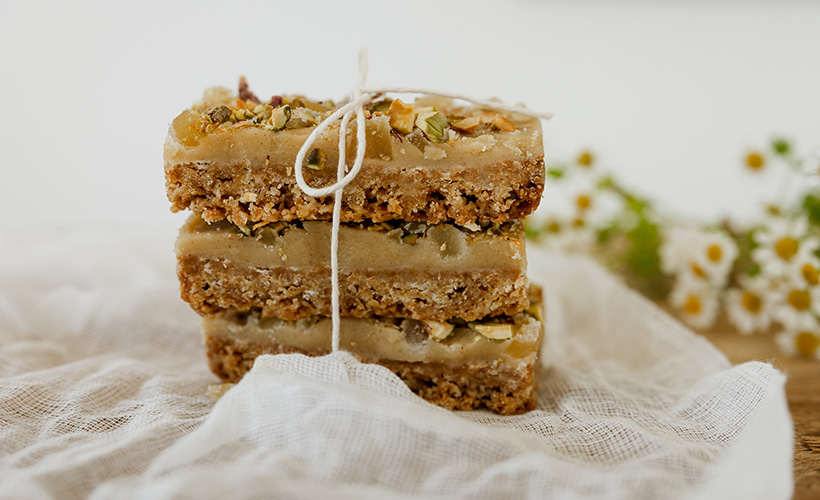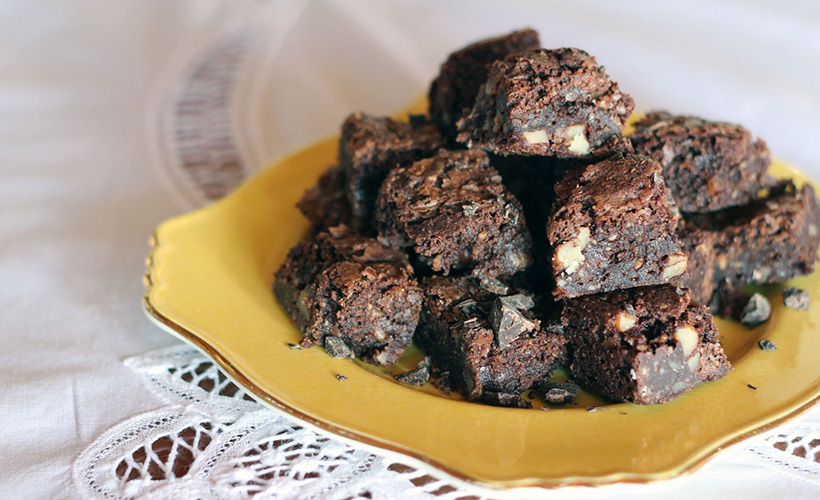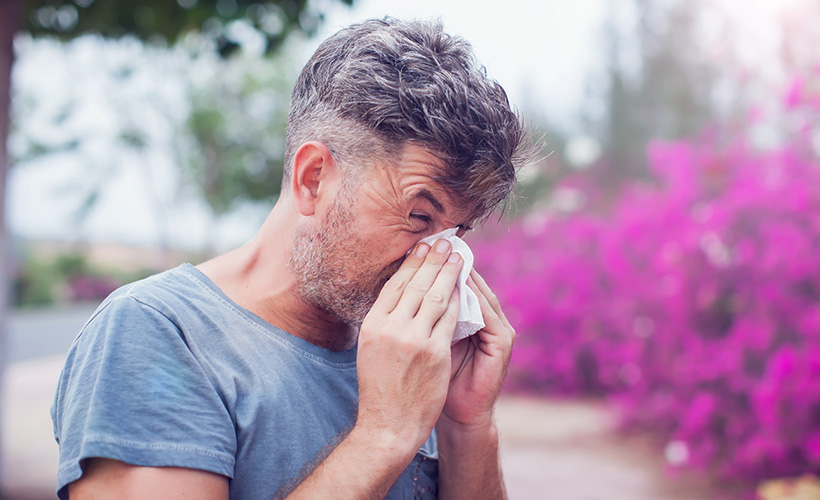Sugar sure has been in the spotlight in recent times, and not for being a superstar or superfood! The sweet stuff has been coming under scrutiny internationally for years due to ongoing research suggesting it has serious detrimental effects on our health. US endocrinologist Professor Robert Lustig and colleagues caused a stir when they labeled sugar ‘toxic’ and called for it to be taxed in the same way as alcohol. So how bad is sugar really for us, and why should we possibly consider a ‘No-or-Low-Sugar’ diet?
First off, research revealing the bitter side of sugar suggests that;
- Sugar Can Suppress the Immune System: When we eat a big dose of sugar like a cake or coke, we temporarily impair our immune system’s ability to respond to challenges and invaders. The effect generally lasts for several hours, so if we eat foods sweetened with sugar several times a day, our immune system may be perpetually operating at a distinct disadvantage.
- Sugar Can Promote Inflammation: Inflammation is a normal part of the natural immune response and is not always a bad thing. However, consuming sugary foods can fuel excessive, inappropriate inflammation that serves no useful purpose and can actually promote aging and disease.
- Sugar Increases the Risk for Diabetes: Consuming sugary foods results in our blood sugar levels rising. To help clear the sugar from our blood and move it into our cells, the pancreas releases a hormone called insulin. As insulin does its job and blood sugar levels go down, insulin levels return to normal. However, when we eat a lot of sugar, we are constantly calling for insulin. Over time, our body requires more and more insulin to get the job done. Eventually, our pancreas may just stop responding to the call, and this can lead to insulin-dependent diabetes. Exposing our cells and organs to chronically high insulin levels also accelerates the aging process.
- Sugar Can Be Addictive: Research suggests that eating sugar stimulates the same reward centers in the brain activated by tobacco, alcohol, nicotine, and heroin. This promotes an unhealthy relationship and reliance on sugary foods.
- Sugar Promotes Obesity: As mentioned above, sugar can be addictive and, in excess, interferes with insulin’s job in the body, contributing to weight gain. Sugar is found in many nutrient-poor foods, so the concern is that if people are consuming more of the highly processed, sugary foods and drinks, chances are they’re consuming less of the healthy foods like fresh fruit and vegetables, healthy fats (ie. avocado, salmon, olive oil) and whole grains.
The average Kiwi eats some form of added sugar every day, and it’s alarming to realize how it creeps its way into so many unlikely foods. You’ll obviously find added sugar in foods we know are not great for us – such as soft drinks, lollies, cakes, biscuits, and pastries – but also in supposedly healthy foods such as fruit juices, nut butters, canned beans and tomatoes, muesli bars, pre-made ‘low-fat’ sauces, and breakfast cereals.
From weight loss to healthy skin, there are plenty of good reasons to reduce the levels of sugar in your daily diet. Here are four health-enhancing benefits that you may come to expect if you significantly reduce or eliminate added sugar from your diet…
- Weight loss: Cutting back on sugar may help one to slim down if that is a goal. Most experts are united in saying that sugar consumption encourages fat storage. Sugary foods can also make us hungrier sooner after eating due to the changes in blood glucose after consuming sugary foods. Instead of reaching for foods loaded with hidden sugars when you’re hungry, try and focus on consuming foods that are rich in fibre, protein, and low GI complex carbohydrates to help your body get the nourishment it needs. This will help you to feel full, satisfied, and energised for longer.
- Stable Energy & Mood: Sugar can send your energy levels on a rollercoaster. When we eat something sugary, our blood sugar levels spike rapidly, giving us that boost in mood and alertness – then fall shortly after insulin is released into our cells. This big, sudden drop in blood sugar can make us shaky, weak, tired, hungry, and moody. Research shows that a high-sugar diet can impair the body’s ability to cope with stress. This can make one more likely to experience symptoms of anxiety. By focusing on more wholesome, nutritious food evenly spaced out throughout the day, we can give ourselves more stable energy levels that leave us feeling overall much more bright and vital.
- Clearer Skin: Blood sugar spikes and falls can create inflammation or internal stress in the body, both of which can lead to breakouts and dull-looking skin. Sugar consumption can contribute to dehydrating our skin. When there is excess sugar floating around in our bloodstream, the body needs more water to balance out.
- Improved Heart Health: Sugar that doesn’t get used as energy converts into fatty acids that become triglycerides – a type of fat that circulates in your blood. High levels of triglycerides in the body increase one’s risk of developing heart diseases and stroke, so reducing one’s sugar intake may help protect one from cardiovascular problems later in life.
Simply removing as much added sugar as you can from your diet can help improve your health, but for good health, you need to fill up on good-for-you foods too. Eating regular, nutritionally balanced meals and snacks will ensure that you don’t cave into cravings nearly as easily for sweet success in the healthy living stakes!


















Community